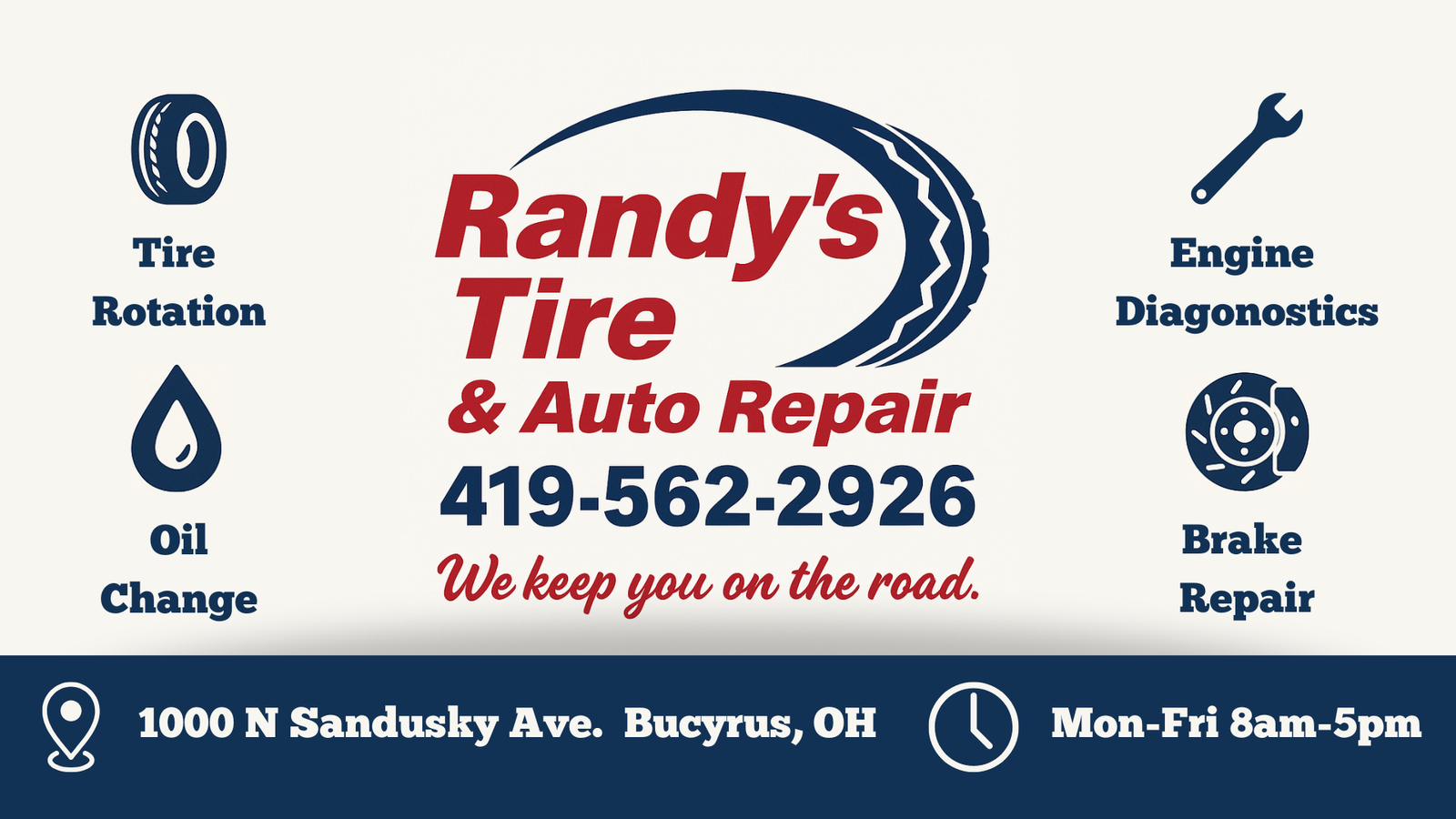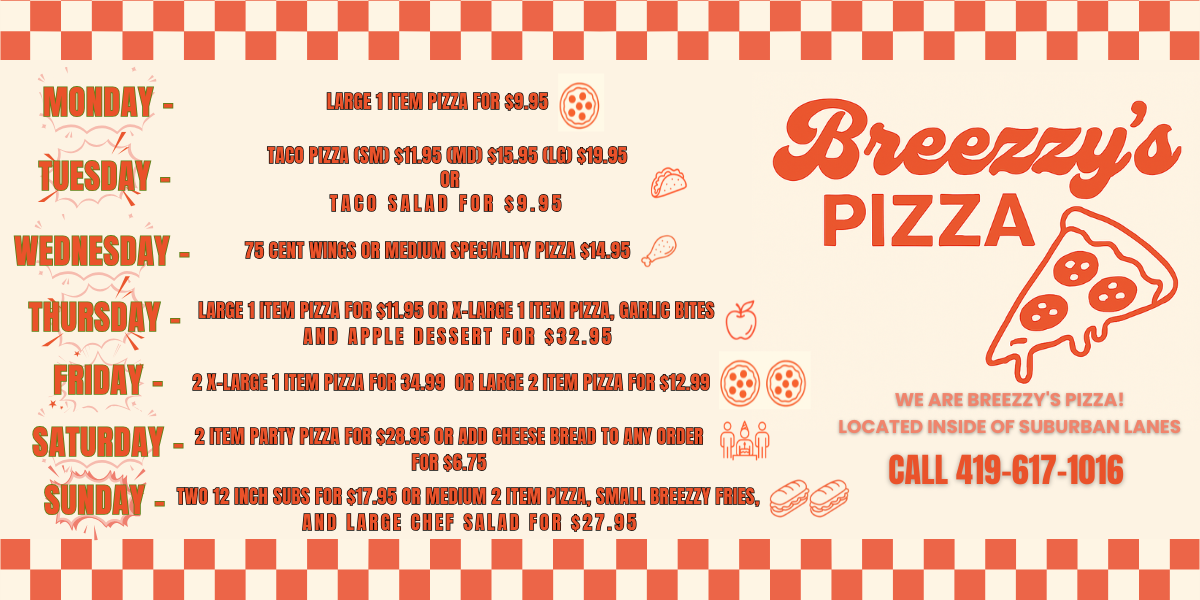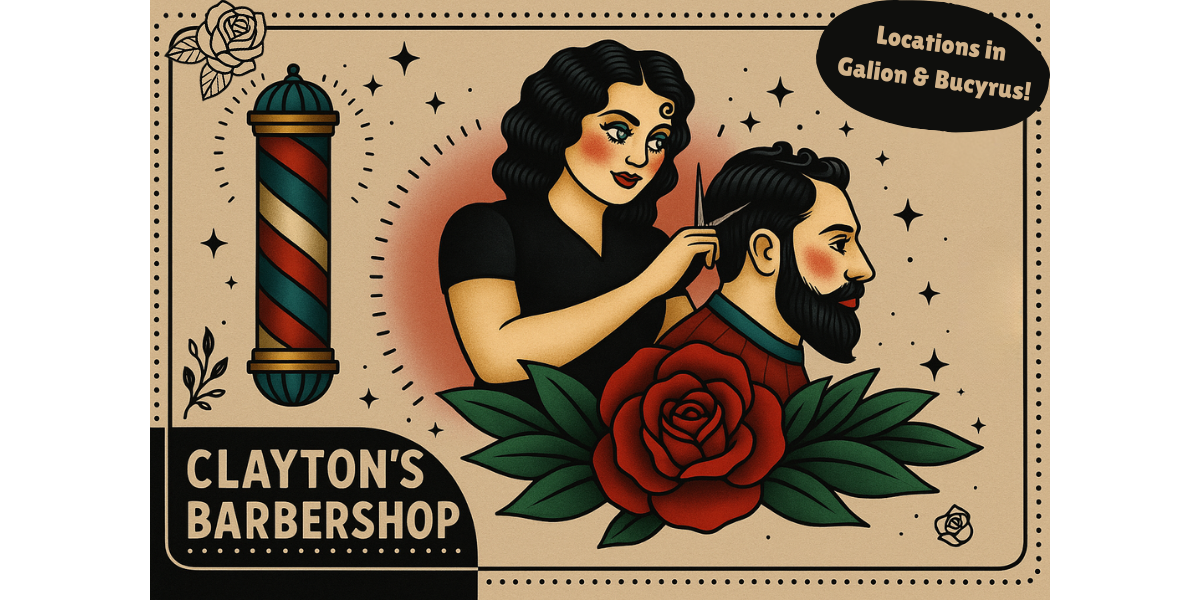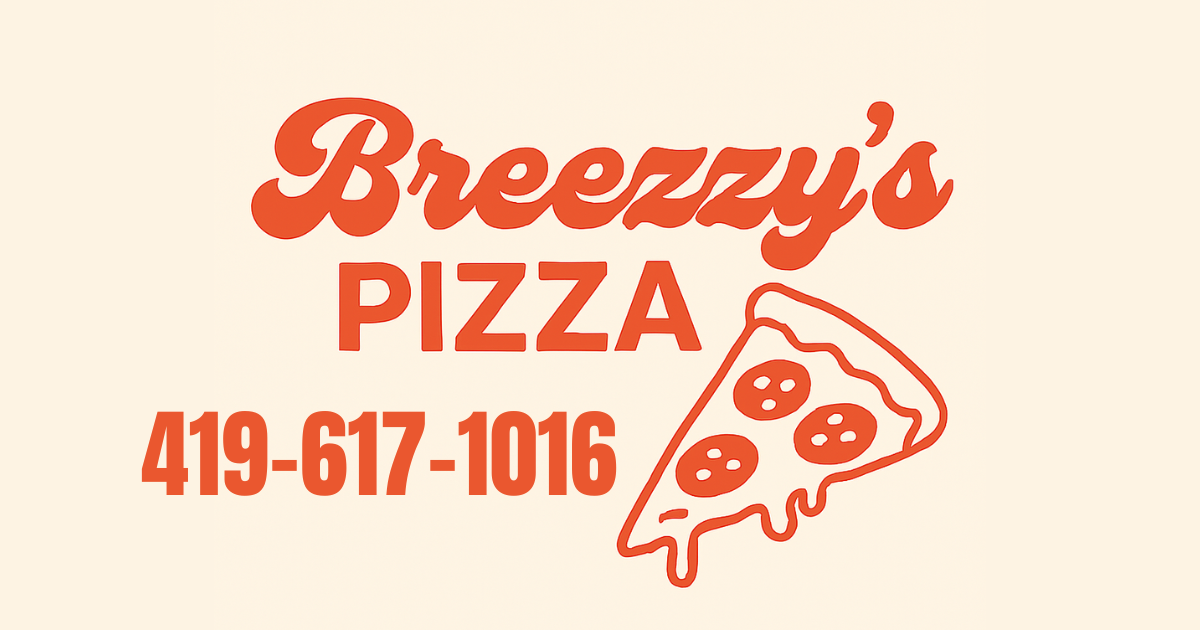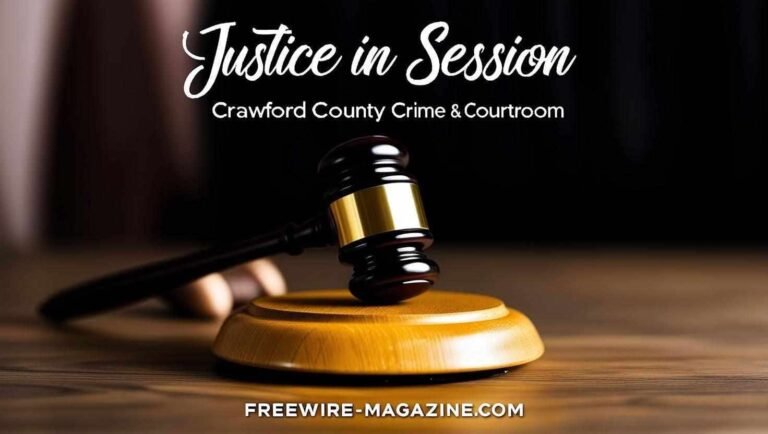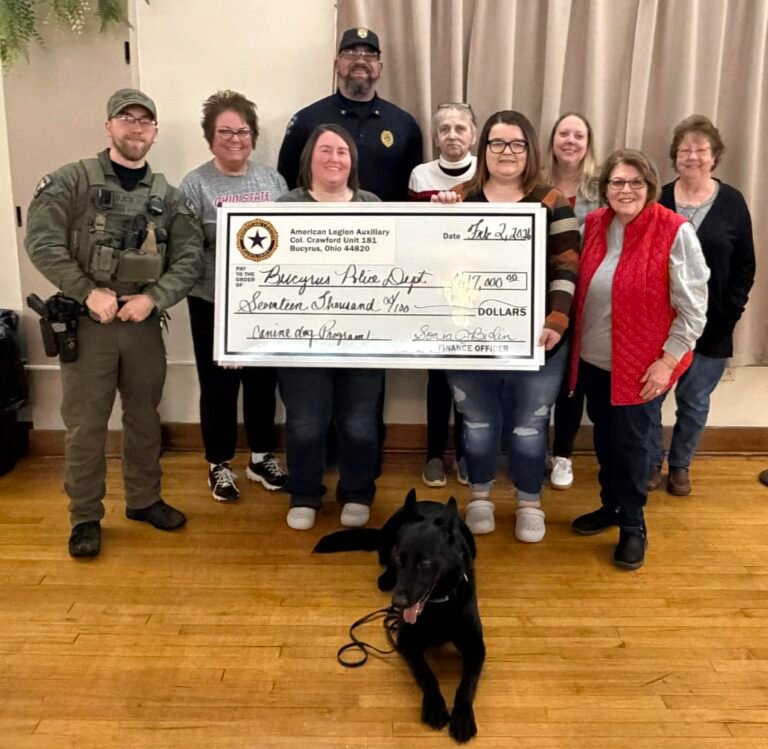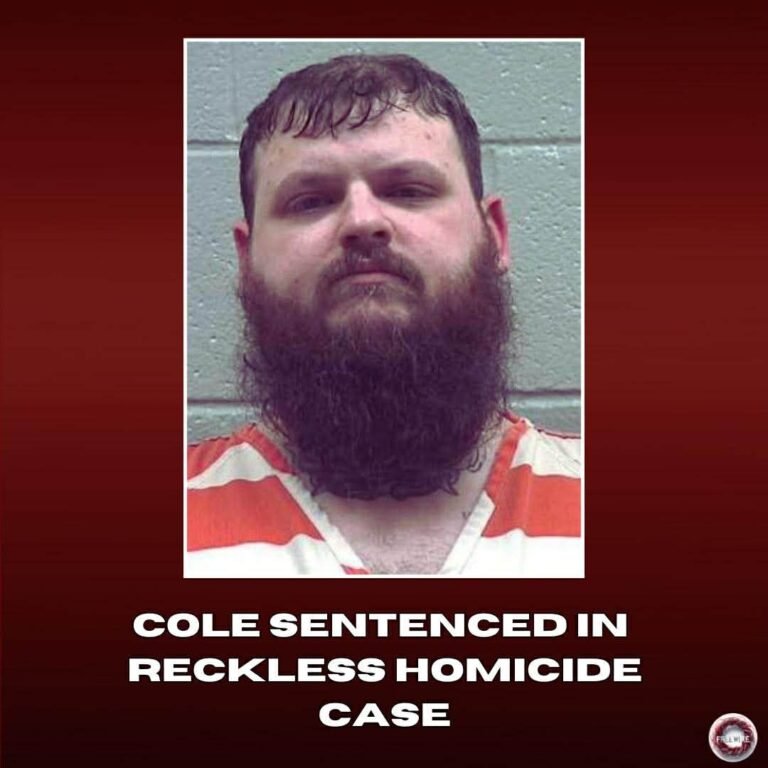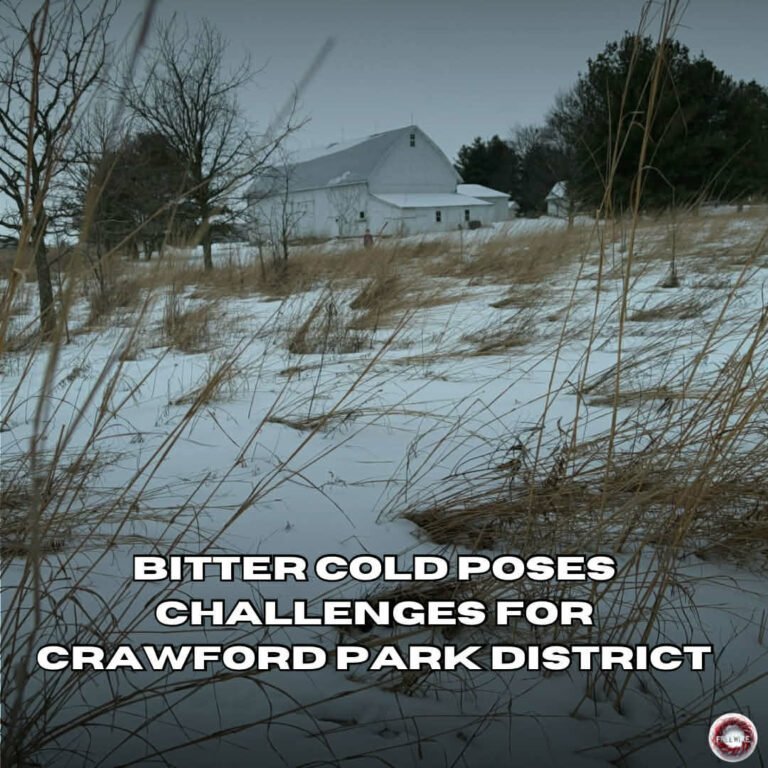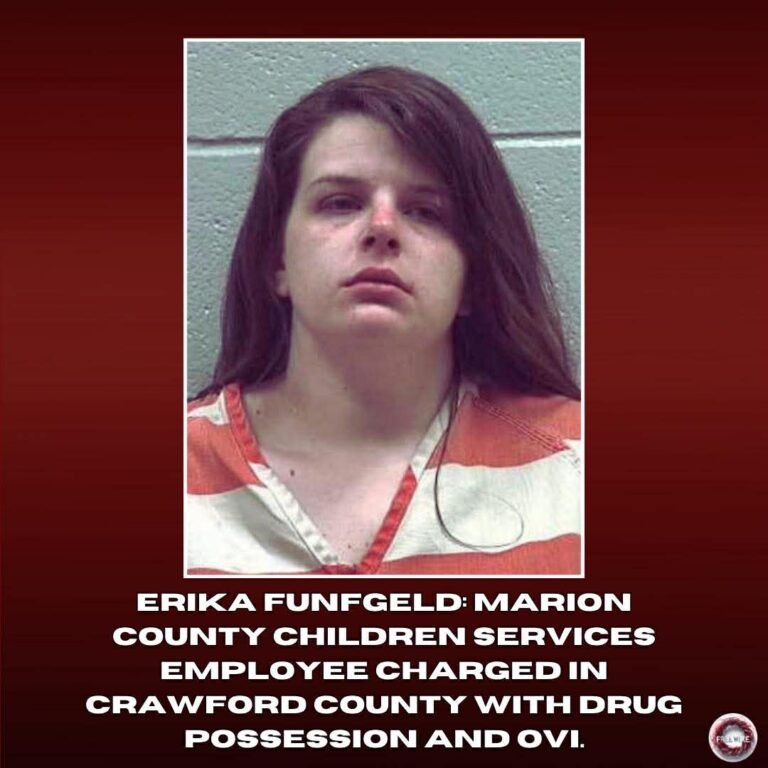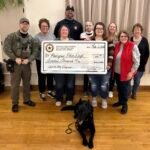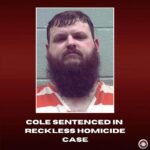By Logan Andrew, Editor-in-Chief | FreeWire
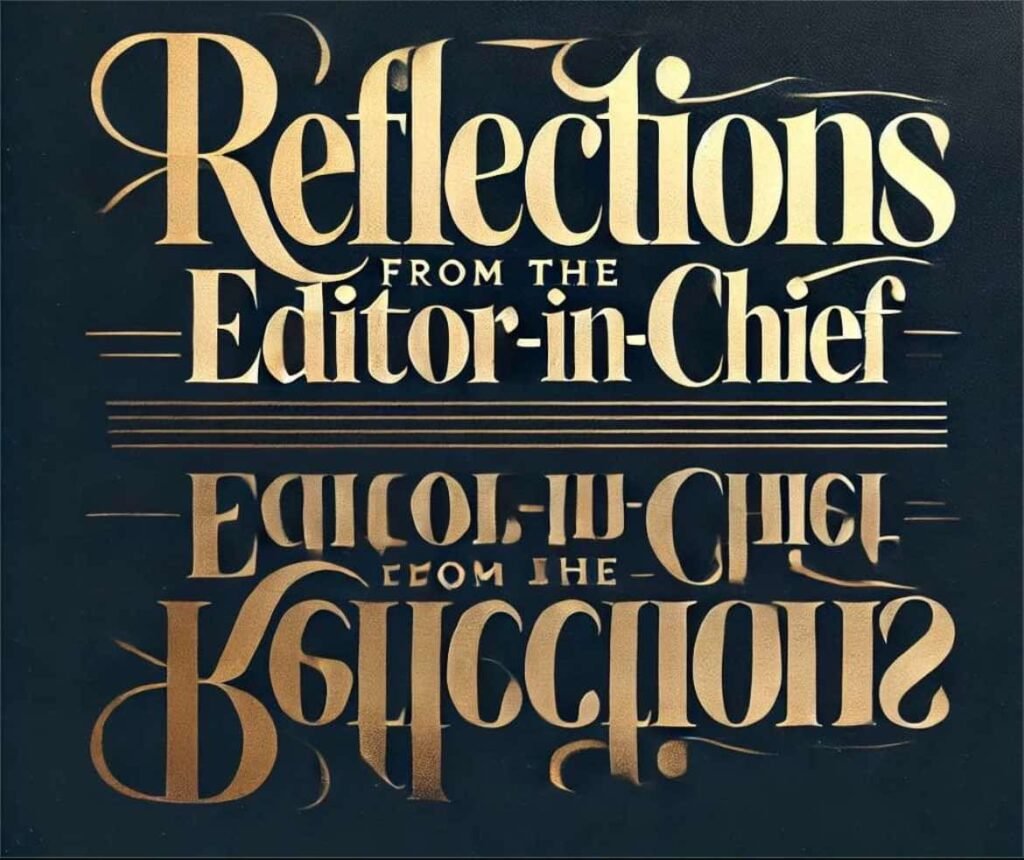
This morning, the world lost a spiritual giant. Pope Francis, the first pope to truly practice what he preached, is gone. He lived with humility, shunned palace walls, and made it his mission to walk with the poor, the outcast, the addicted — not above them, not for applause, but because it was right. His legacy is not one of power, but of presence.
And it got me thinking: if the pope could see the face of Christ in a homeless man on the street, why can’t we see the humanity in our neighbors who are struggling with addiction?
Here in Bucyrus, Crawford County ranks among the worst in the nation when it comes to overdose deaths per capita. Let that sink in. We are near the top of the list for a crisis that devastates families, generations, and entire communities. And yet, for a place that needs help the most, we make it damn hard to get it.
When I was struggling with addiction, there were moments where I was ready — where I said the words no addict wants to admit out loud: I need help. And that’s the hardest part. Asking. Owning it. Saying it out loud.
But what happens when you do — and no one answers?
I’ve tried calling the ADAMH board. I’ve left messages. I’ve followed up. And I’m not alone. If I, as someone actively working in media, can’t even get a callback, what happens to the kid who’s scared and strung out and trying to get clean before he does something desperate?
What happens when he calls — and no one picks up?
Let’s be clear: every minute matters when someone is ready to get clean. That window slams shut fast. So if we as a community aren’t answering when they finally reach for help, what are we really doing?
Another problem: far too many recovery programs in our area are faith-based. And look, for some people, that works. Faith can be powerful. It’s saved people I know. But for others, asking them to get clean through Jesus is like asking them to climb out of a hole by grabbing an imaginary rope they stopped believing in a long time ago.
If the only path to sobriety we offer is one that runs through a church, many will just choose to stay lost.
We need evidence-based treatment. Programs rooted in science. In cognitive behavioral therapy. In harm reduction. In medically assisted detox and support that doesn’t require you to recite a creed, only to try.
Faith-based programs should be an option. But they shouldn’t be the only one.
Over the next few weeks, I’ll be publishing stories from people who’ve turned their lives around. Not stories about overdoses, courtrooms, or funerals — the things we in media tend to focus on. These will be stories about what comes after. About rebuilding. About hope. About people who have walked through hell and come back with scorched feet and open hearts.
This series isn’t just about them — it’s about us. It’s about how we treat people at their worst. About how we define “worthy” when someone stumbles. About whether Bucyrus wants to be a place where someone struggling with addiction sees a hand held out — or a door slammed shut.
Pope Francis said, “A little bit of mercy makes the world less cold and more just.”
So, let’s warm it up.
